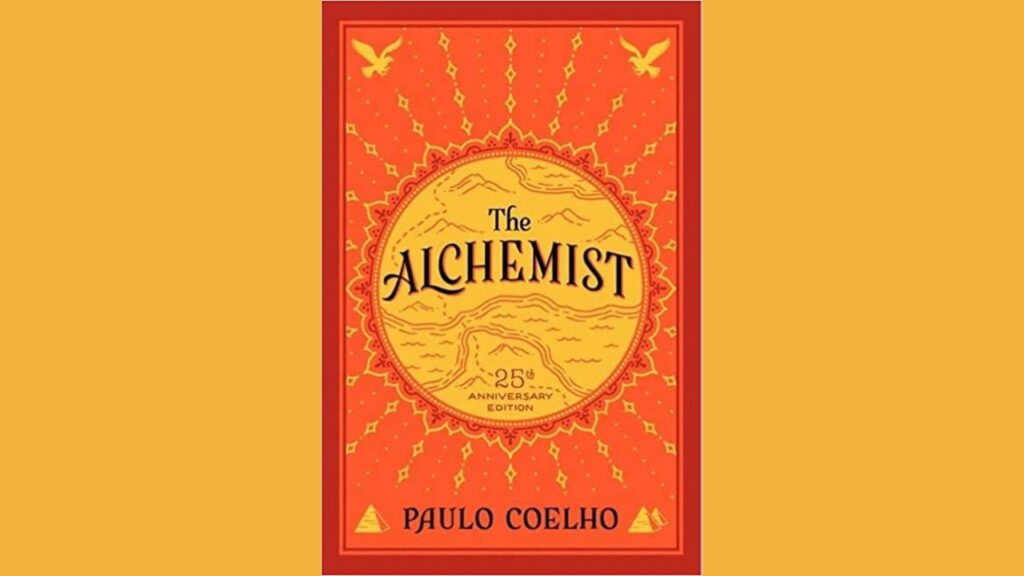
Student Notes – The Alchemist by Paulo Coelho
Introduction:
The Alchemist, written by Paulo Coelho and published in 1988, is a philosophical novel that has captivated readers with its inspirational and transformative narrative. This student note provides an analysis of the novel, including an introduction, setting, historical context, characters, plot summary, key themes and symbolism, analysis and discussion points, and a conclusion. The story takes readers on a journey of self-discovery and personal fulfillment, exploring the themes of destiny, purpose, and the pursuit of one’s dreams.
Setting:
Andalusia, Spain:
- The novel is primarily set in the enchanting landscapes of Andalusia, Spain, known for its picturesque beauty and rich cultural history.
- The vibrant and diverse setting serves as a backdrop for Santiago’s transformative journey.
Historical Context:
- The Alchemist was published during a time of social and cultural change, both in Brazil (Coelho’s home country) and globally.
- The novel reflects the search for personal meaning and fulfillment that emerged during the late 20th century, as individuals sought to break free from societal constraints and find their true purpose.
Characters:
Santiago:
- Santiago is the protagonist of the story, a young shepherd who embarks on a journey to fulfill his Personal Legend.
- He represents the universal quest for purpose, self-discovery, and the courage to follow one’s dreams.
The Alchemist:
- The Alchemist is a wise and enigmatic character who guides Santiago on his journey of self-discovery.
- He embodies ancient wisdom and teaches Santiago valuable life lessons and spiritual insights.
Plot Summary:
- The Alchemist follows Santiago’s journey as he leaves his comfortable life as a shepherd and embarks on a quest to find a hidden treasure in the Egyptian pyramids.
- Along his journey, he encounters various characters, faces challenges, and learns important life lessons about love, faith, and the power of the universe.
Key Themes and Symbolism:
Personal Legend:
- The concept of a Personal Legend represents an individual’s unique purpose or destiny, and the novel explores the importance of pursuing and fulfilling one’s true calling.
The Language of the Universe:
- Coelho introduces the idea that the universe communicates with individuals through signs and omens, emphasizing the importance of paying attention to the world around us and being open to its guidance.
Symbolism of the Desert:
- The desert symbolizes a place of solitude, transformation, and spiritual awakening. Santiago’s journey through the desert represents his inner journey of self-discovery and the challenges he must overcome.
Analysis and Discussion Points:
- Coelho’s use of simple yet profound language to convey complex spiritual and philosophical concepts.
- The novel’s exploration of the connection between one’s personal journey and the larger cosmic order.
- The influence of Coelho’s own experiences with spirituality, mysticism, and his travels on the themes and narrative of the novel.
Conclusion:
The Alchemist by Paulo Coelho is a captivating and thought-provoking novel that inspires readers to listen to their hearts, pursue their dreams, and discover their true purpose in life. Through Santiago’s journey, the novel explores universal themes of self-discovery, destiny, and the interconnectedness of all things. Coelho’s insightful storytelling and philosophical insights make The Alchemist a timeless work that continues to resonate with readers worldwide, encouraging them to embark on their own personal quests for fulfillment and spiritual awakening.





